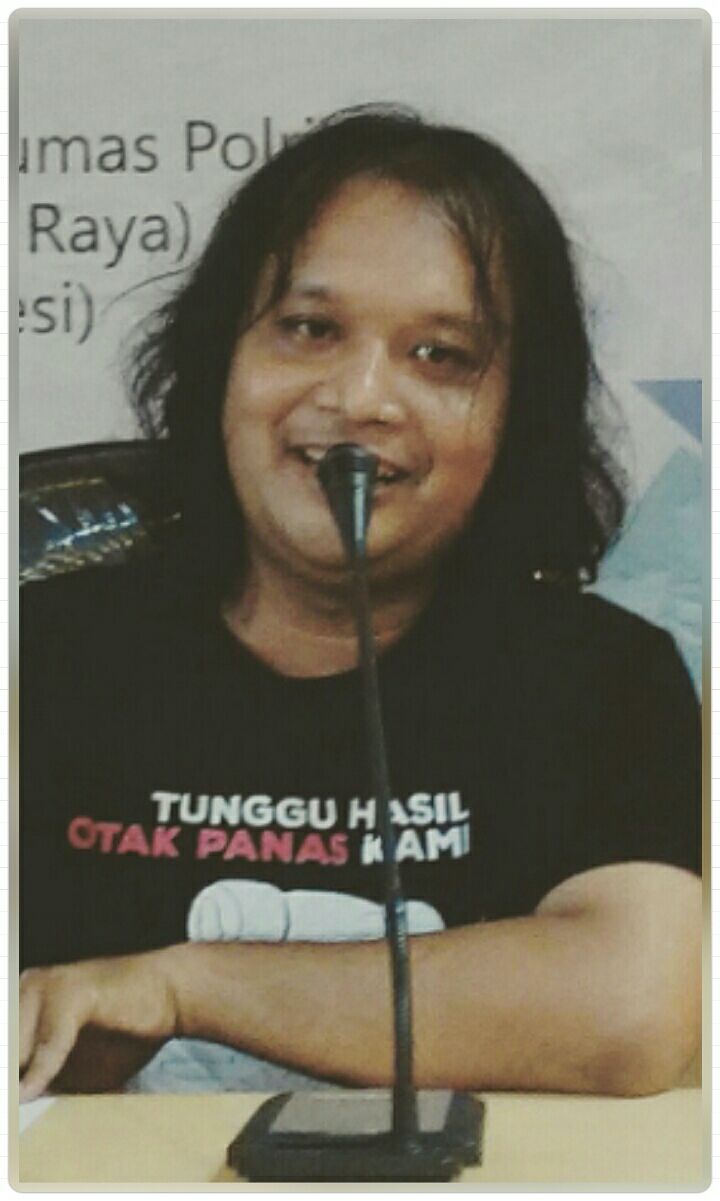The Indonesian Broadcasting Commission (KPI) as a television program control agency in Indonesia encourages Indonesian people’ contribution and involvement in providing recommendation dealing with the issue of the permits of ten free-to-air television networks, namely ANTV, Global TV, Indosiar, MNC TV, RCTI, SCTV, Trans TV, Trans 7, TV One, and Metro TV. The expiry due is in October 2016.
In an interview on Friday (29/1), Fajar Junaedi, S.IP., M.Si., a lecturer of Communication Sciences of Universitas Muhammadiyah Yogyakarta (UMY) explained Law No.32/2002 on Broadcasting article 1 paragraph 8 mentioning broadcasting using radio frequency having limited frequency spectrum. The law also states that permit and permit extension given by the state after getting recommendation and evaluation of public hearing and appropriateness of broadcasting by KPI.
“It has become an open secret that television stations have massive ethic and regulation infringement of Law of Broadcasting and Broadcasting Guidelines – Broadcasting Program Standards (PPP-SPS). For instance, there is an amount of verbal or physical violence, and children’s protection does not exist,” Junaedi conveyed.
Junaedi inserted that general elections 2014 brought valuable lesson on how public was supposed to have rights of the frequency use, but the frequency was employed for the interest of the television owners. “Televisions tried to report information having tendency to support particular political figures,” he told.
Law of broadcasting mentions that public can suggest and have rights to permit the extension of broadcasting of private-owned television stations through public hearing. “Public may contribute to evaluating by sending their recommendation and critics at ujipublik@kpi.go.id before 31 January 2016,” Junaedi informed.
Public ought to have active roles. “The relation of TV stations and public is supposed to be on perspectives of audiences in negotiated reading, instead of hegemonic reading controlled by TV stations. The public hearing showed negotiated reading,” he stated.
Furthermore, Head of Communication Sciences of UMY Haryadi Arief Nur Rasyid argued that the public hearing by KPI was quite good that government can control Indonesia broadcasting stations. “I think that, on behalf of press freedom, broadcasting stations in Indonesia is like tsunami wave which huge, strong, and unstoppable. Televisions in Indonesia often generalize press freedom rights and interests to gain high rating for capitalist interests,” he contended.
Haryadi added that, going hand in hand with KPI is expected that government can take the time to evaluate and give punishment to broadcasting stations that do not bring public welfare on economic interests of the stations. “The extension permission becomes an instrument to resolve oligopoly issues of media industries in Indonesia. Indeed, government may urge that media are not owned the small number of people,” he eneded.
TV station infringements toward PPP-SPS were showed by research findings of Communication Science students of UMY on a course of Mass Media Law. The research was published entitled “Televishit: Jikalau Nonton Cerdas dan Kritis” and “Televisial: Merayakan Budaya Menonton, Membaca Program Televisi”. Those two books tell infringements toward PPP-SPS by TV stations from September to December 2015.






